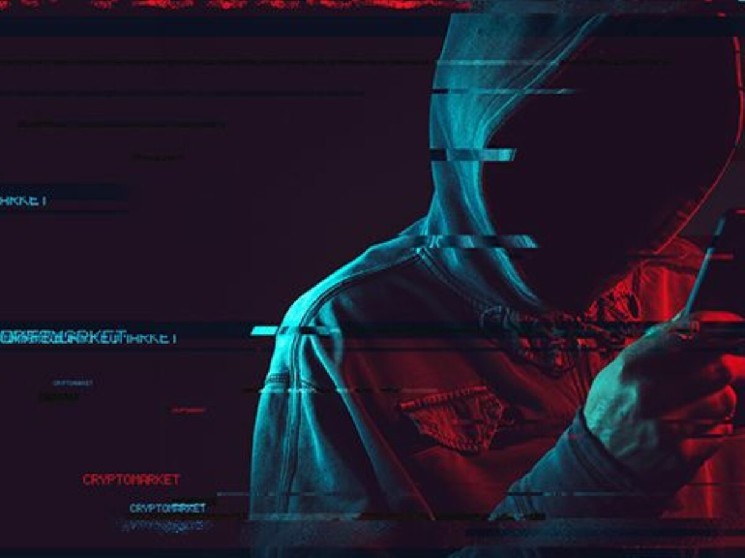The affairs surrounding 23pds, the Chief Security Officer (CISO) of the crypto security firm SlowMist, have emerged as a significant event within the cryptocurrency space. During an emergency call made overnight, an equipment thief, identified as an investor on TikTok, stole approximately 50 million yuan (equivalent to 6.9 million USD) worth of cryptocurrency through a cold wallet purchased under the pseudonym of "new, unopened" or "special campaign." This incident prompted the release of major alerts and warnings.
One of the immediate reactions to the theft was a warning from 23pds to investors compiled by the Security Office of the Chinese State tweeter, the CISO of SlowMist. The report emphasized that the private key of the wallet in question was "necromantic," meaning the key was improperly obtained in a fraudulent context, and was later used to commit the theft. The thief created the wallet en route to the theft but failed to release the carbon chain, which secured all access to the funds stolen during its original creation. This resulted in a significant financial loss for the cryptocurrency exchange Huiwang, which waslized under the false pretenses of "new, unopened norms."
The CISO’s warning was well-received and prompted a response from the Security Office of the Chinese State tweeter, which highlighted the need for investors to obtain cold wallets only from official and reputable platforms. However, the warning also revealed potential vulnerabilities in the landscape of cryptocurrency wallets, particularly the prevalence of "necromantic" hardware wallets. The warning emphasized the importance of discerning real identities from those that have been "purged" or altered during subscription periods, as these wallets can pose significant risks to investment portfolios.
The report further highlighted the growing prevalence of "false positives" on social media platforms, where IoT and cryptocurrency investments are often misleads. Many listings on platforms aiming to undersell assets for investment scamsListed offers of cold wallets at prices slightly below their actual value, appealing to untrained investors who may not recognize the potential risks involved. Additionally, the report warns that many security reviewers exploit mere social media tags and tousled user names to obtain these malicious wallets, potentially revealing the true identities behind the pseudonyms.
For investors, the broader implications of this incident underscore the need to adhere to ethical best practices in the crypto industry. Investors must avoid falling victim to scams that promise quick profits but hide the risks involved. The warning from 23pds and the subsequent revelation of malicious wallets set a clear reminder that all transactions over cold wallets and untraceable transactions should be reviewed for malicious activity. The incident also highlights the growing sophistication of criminals in manipulating cryptocurrency transactions for psychological manipulation andNevertheless, it serves as a de facto warning against the兴 integrity of the cryptocurrency exchange industry.
In conclusion, while malicious actors like the thief exploited legal loopholes and ethical fallacies to commit the theft, it also prompted a critical evaluation of the ethical and legal frameworks surrounding cryptocurrency transactions. Issues such as cold wallet manipulation and malicious创造力 are not isolated incidents but are fading under the weight of the growing awareness of user-s飞扬 activity. Investors and security professionals must return to rigorous security standards to ensure the protection of their funds and identity. The incident serves as a stark reminder of the nines and the consequences of failing to address the ethical and legal challenges within the cryptocurrency universe.


